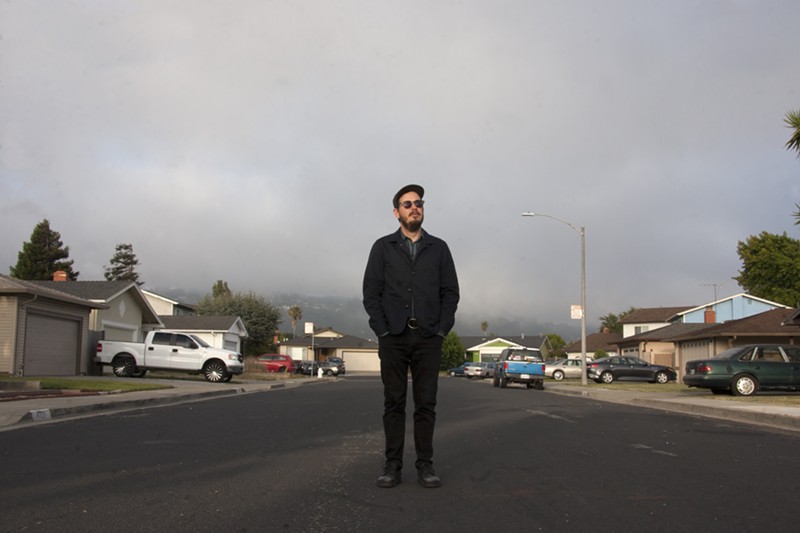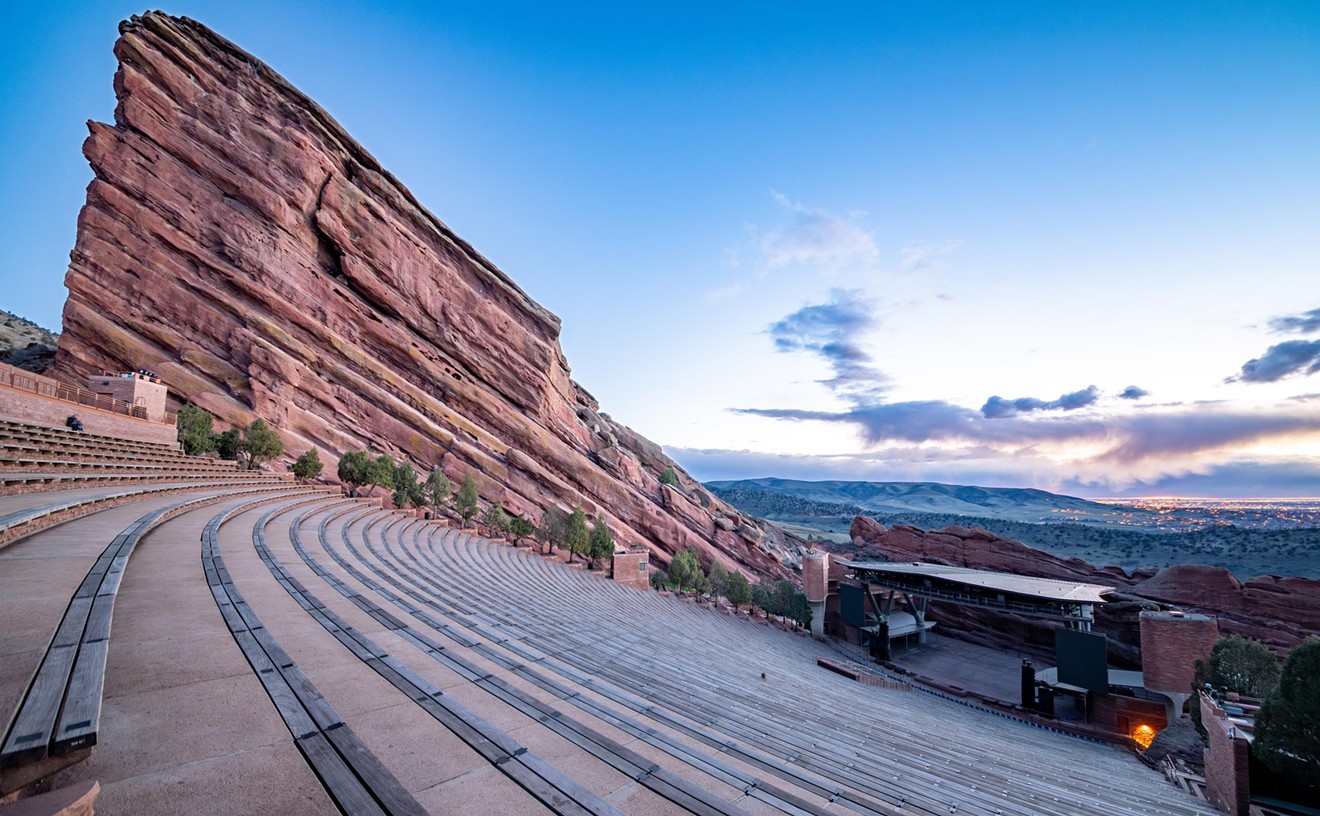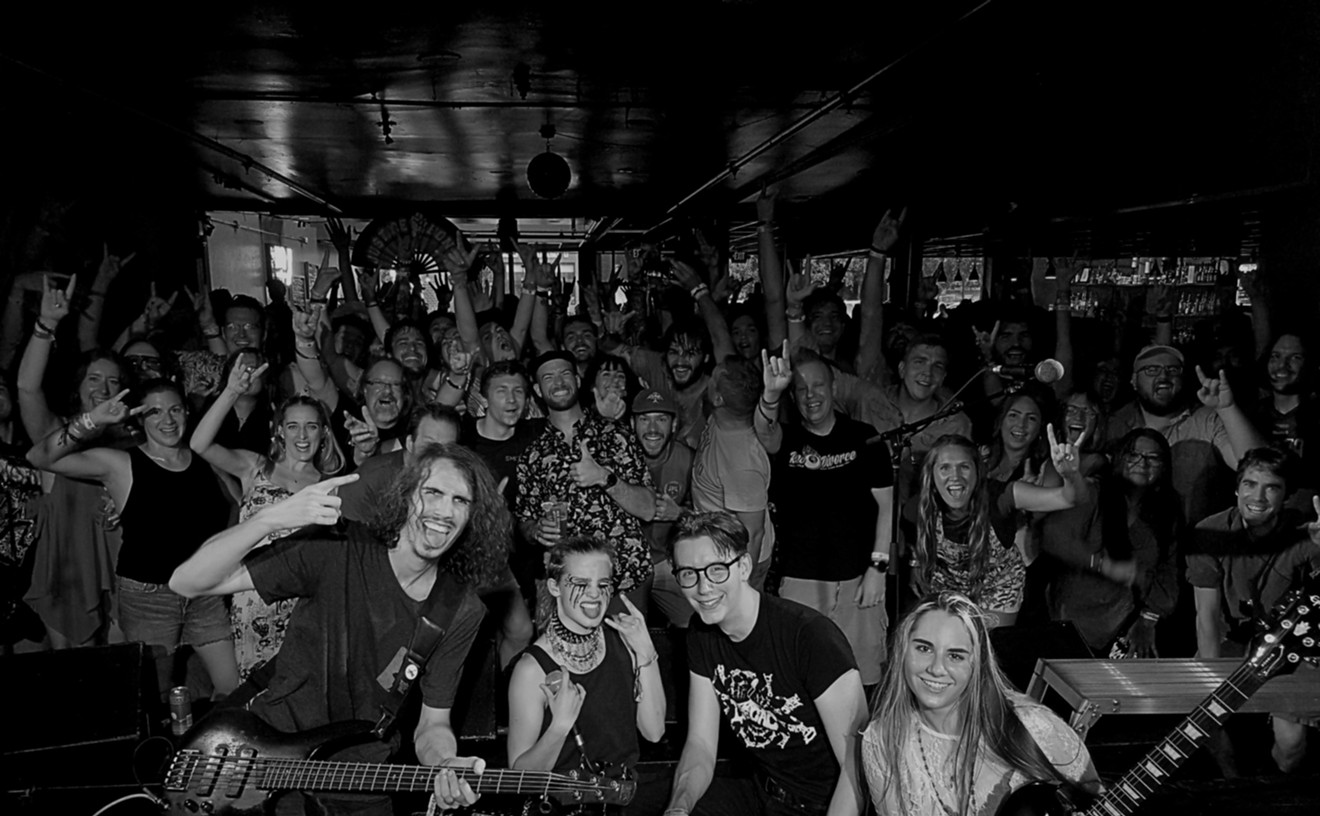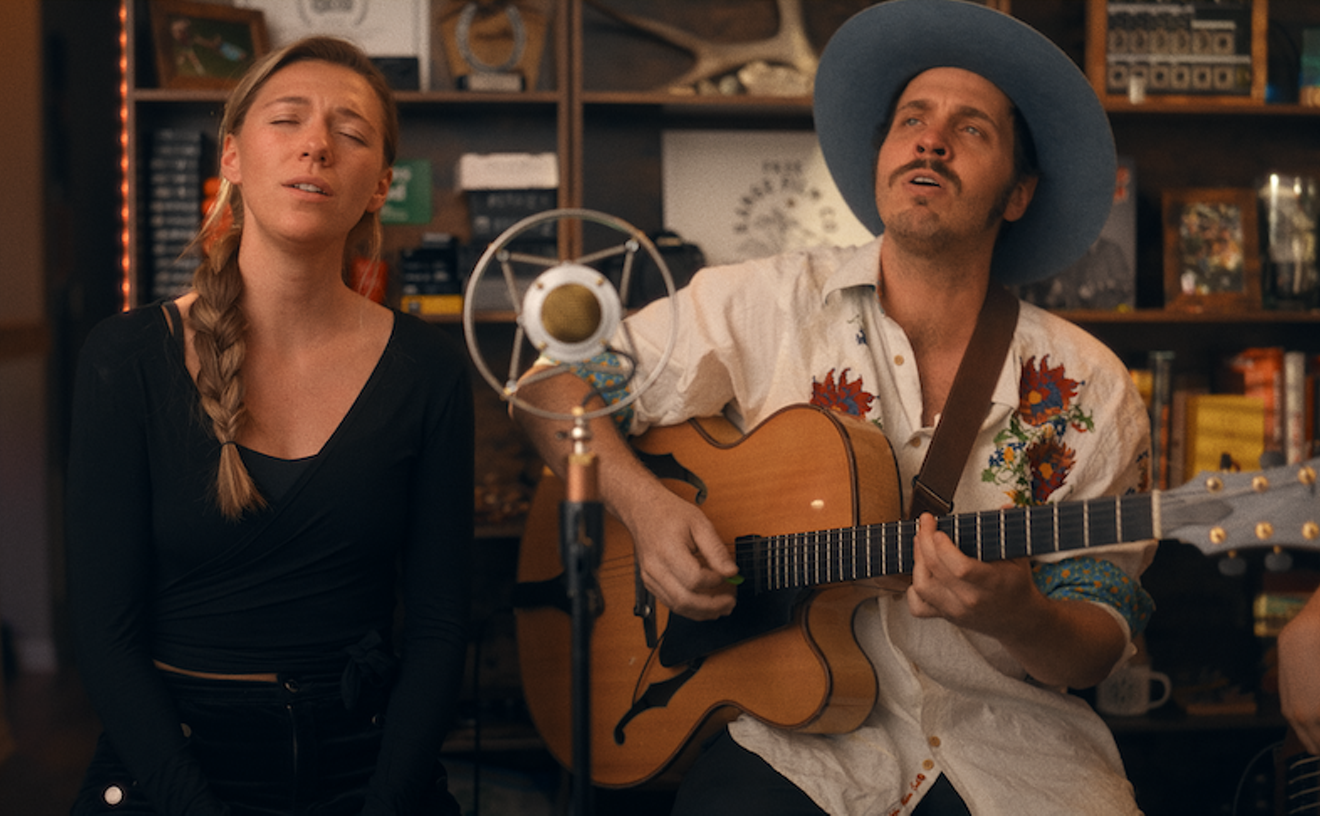“Have you heard people talk about freak folk in the last five years?” Vetiver frontman Andy Cabic asks, point blank. “That’s people being lazy, right? Isn’t it? It didn’t make sense when they used it to begin with. Now they’re using it just because it was what they used.”
Be that as it may, the term “freak folk” has followed Cabic for the better part of his career. And not entirely without reason. It functioned as a way to say, yes, there’s a lot of Bob Dylan and Neil Young-influenced stuff happening here, but Vetiver's approach is duly rooted in psych and indie rock, too.
“I really have no idea where it came from, and it seems strangely limiting and short-sighted and insulting, actually. Very quickly, people made records that didn’t sound anything like that,” he says. “I have no use for that term.”
Cabic is right in that the acts originally associated with freak folk developed in a myriad of ways within and beyond the genre’s original parameters, Vetiver included. His 2004 self-titled debut was more along the lines of straight-up contemporary folk, not unlike Gregory Alan Isakov or Hiss Golden Messenger. His understated approach on 2006’s To Find Me Gone felt similar. Then, 2009’s Tight Knit, his first for Sub Pop, played fast and loose with rhythmic Zombies-esque psych and ’60s balladeer pop. The Errant Charm, from 2011, and 2015’s Complete Strangers ventured even further outward, indulging in jazzy lounge pop and shiny McCartney-esque melodies. His latest, this year’s Up on High, gestured back at the softer, layered folk of his earlier records, contemporary in its vision but naturally reverent of both Willie Nelson and Nick Drake.
Born in Virginia and raised by parents who worked in the U.S. Patent and Trademark Office, Cabic learned to play guitar at fourteen. In college at the University of North Carolina Greensboro, he started attending local shows in nearby Chapel Hill, then home to a thriving mid-’90s indie scene.
“Everyone seemed, even though they were a couple years older, they seemed more with it and older than I was,” he says. “It was just after major labels had descended upon Chapel Hill to sign bands in the wake of Nirvana. The town was flush with excitement and hype, and a lot of good music was coming out at the same time, so it was really thrilling.”
While in Greensboro, Cabic formed math-y indie-rock outfit The Raymond Brake. “It was really my first time having a band and writing songs that people even wanted to hear,” he recalls. The four-piece released a handful of seven-inches and, in 1995, a full-length album on Arlington, Virginia, independent label Simple Machines. After the band dissolved, Cabic moved across the country and into a tiny room in San Francisco with a “nondescript beat-up classical guitar someone had given me." He'd broken the only electric guitar he owned in a car wreck.
In San Francisco, Cabic landed a job at Aardvark Books, a used bookstore steps off Market Street situated between the Castro and Mission districts. He ended up living with San Francisco Art Institute students and fell in with the scene surrounding Adobe Books, an established bookshop and gathering space in the Mission. And he loved it. “It was a salon-like atmosphere where people would swing by all the time and hang out for a while,” he says.
It was at Aardvark where Cabic met his longtime friend and collaborator Devendra Banhart. Banhart was dating Cabic’s friend, who came into the store to “show off her new boyfriend, who she was smitten with,” he recalls. One weekend when she was out of town, Banhart came by Aardvark again to say hello, and the two went to the nearby Castro Theatre to see the 2000 documentary Benjamin Smoke. Afterward, they played each other their songs, and Banhart showed Cabic some poems he'd written. “Songwriting was new to him. It was an extension of his poetry,” Cabic says. "He was like a sponge, just absorbing, listening to tons of music."
Aardvark Books closed this past January some forty years after opening, its departure inseparable from the bleak state of the remaining legacy businesses that managed to survive the wave of rapid gentrification that swept San Francisco following the tech boom. And Cabic already misses it. “I was in that part of the city the other day to have dinner, and I arrived sort of early. I found myself not knowing where to go. All the usual spots that over the years I would kill time in were gone,” he says. "It felt really weird."
When Cabic arrived in the city in 1998, things looked different. “There were lots of empty lots, old gas stations, just psycho-geographical blank spaces. Those have all been converted to buildings,” he says. “The city feels a little more visually congested.”
He no longer lives in San Francisco, having recently moved with his partner from the west side of the city to the East Bay. It was a two-step process: first moving from their apartment of twelve years into a smaller apartment for a year, then up and over the Bay to Richmond. The physical move helps explain his musical return to simpler production and understated acoustic folk on Up on High: He had an acoustic guitar on hand, whereas most everything else was in storage.
“All the songs were built around playing acoustic guitar,” he says. “I didn’t have anything set up to demo properly, so I just wrote them. They were all written to be played that way.”
And for Cabic’s sake, we’ll decline to refer to any of those songs as freak folk.
Vetiver plays at 8:30 p.m. on Sunday, November 17, at Ophelia's Electric Soapbox. Tickets, $13 and up, are available at opheliasdenver.com.
Listen to Vetiver and more favorites from Westword writers on our Westword Staff Picks playlist.
[
{
"name": "Air - MediumRectangle - Inline Content - Mobile Display Size",
"component": "12017618",
"insertPoint": "2",
"requiredCountToDisplay": "2",
"watchElement": ".fdn-content-body",
"astAdList": [
{
"adType": "rectangle",
"displayTargets": "mobile"
}
]
},{
"name": "Editor Picks",
"component": "17242653",
"insertPoint": "4",
"requiredCountToDisplay": "1",
"watchElement": ".fdn-content-body",
"astAdList": [
{
"adType": "rectangle",
"displayTargets": "desktop|tablet"
},{
"adType": "rectangle",
"displayTargets": "desktop|tablet|mobile"
}
]
},{
"name": "Inline Links",
"component": "18838239",
"insertPoint": "8th",
"startingPoint": 8,
"requiredCountToDisplay": "7",
"maxInsertions": 25
},{
"name": "Air - MediumRectangle - Combo - Inline Content",
"component": "17261320",
"insertPoint": "8th",
"startingPoint": 8,
"requiredCountToDisplay": "7",
"maxInsertions": 25,
"watchElement": ".fdn-content-body",
"astAdList": [
{
"adType": "rectangle",
"displayTargets": "desktop|tablet"
},{
"adType": "rectangle",
"displayTargets": "desktop|tablet|mobile"
}
]
},{
"name": "Inline Links",
"component": "18838239",
"insertPoint": "8th",
"startingPoint": 12,
"requiredCountToDisplay": "11",
"maxInsertions": 25
},{
"name": "Air - Leaderboard Tower - Combo - Inline Content",
"component": "17261321",
"insertPoint": "8th",
"startingPoint": 12,
"requiredCountToDisplay": "11",
"maxInsertions": 25,
"watchElement": ".fdn-content-body",
"astAdList": [
{
"adType": "leaderboardInlineContent",
"displayTargets": "desktop|tablet"
},{
"adType": "tower",
"displayTargets": "mobile"
}
]
}
]











